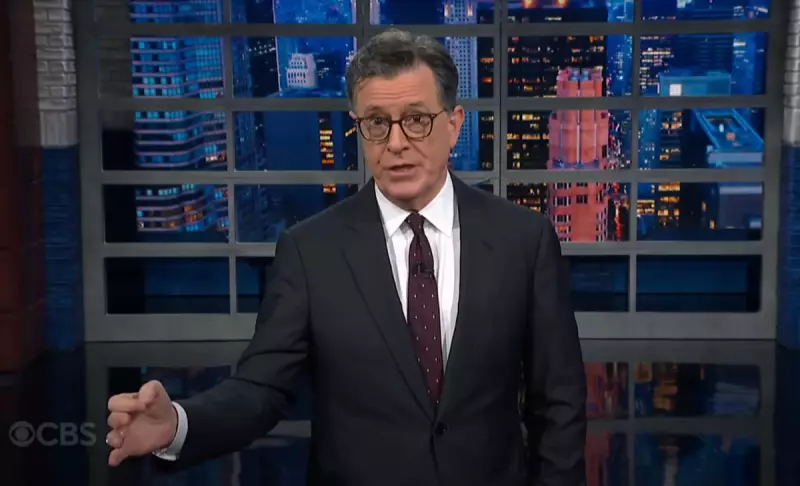
In a segment that blended sharp political commentary with his signature comedic style, Stephen Colbert has taken direct aim at recent immigration enforcement operations in Chicago, using his platform on The Late Show to highlight what he described as the human cost of the controversial raids.
Comedy Meets Political Critique
The veteran talk show host dedicated a substantial portion of his Monday night monologue to addressing the immigration raids that have sparked widespread debate across the United States. Colbert masterfully employed satire to question both the methodology and morality of the operations, drawing attention to stories of families affected by the enforcement actions.
Human Stories Take Centre Stage
Rather than focusing solely on political rhetoric, Colbert emphasised the personal narratives emerging from Chicago's immigrant communities. His commentary highlighted the tension between enforcement procedures and humanitarian concerns, a balancing act that continues to challenge policymakers at both local and national levels.
Timing and Cultural Impact
The segment arrives at a particularly sensitive moment in the ongoing national conversation about immigration policy. Colbert's approach demonstrates how late-night television has increasingly become a space for substantive political discourse, wrapped in the accessible packaging of entertainment.
What sets Colbert's critique apart is his ability to translate complex policy discussions into relatable human terms, making the abstract consequences of immigration enforcement tangible for his audience of millions.
The Power of Satire in Political Discourse
Through carefully crafted jokes and poignant observations, Colbert joined a growing chorus of voices questioning the implementation and timing of the Chicago operations. His monologue serves as a reminder of comedy's unique ability to challenge authority and give voice to marginalised perspectives in the public square.
As the political landscape continues to evolve, platforms like The Late Show demonstrate increasing willingness to engage with contentious issues, using humour as both shield and weapon in the battle of ideas.





